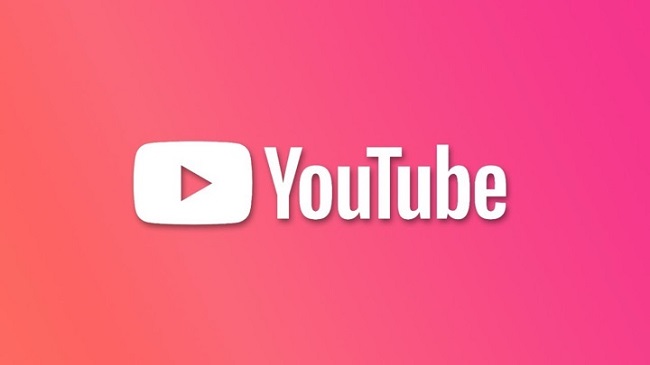However, misconceptions about these narratives often cloud our understanding. For example, “Fahrenheit 451” by Ray Bradbury critiques censorship and the dangers of a passive society, while simultaneously addressing the importance of literature.
Myth 5: Dystopian Books Are All Gloomy and Depressing
Fact: Many dystopian stories incorporate elements of hope and resilience.
While the settings can be dark, authors often highlight the strength of the human spirit in the face of adversity. Novels like The Handmaid’s Tale by Margaret Atwood and 1984 by George Orwell incorporate real-world concerns about totalitarianism, gender oppression, and surveillance, making them more than mere science fiction. books about dystopian society
Myth 2: Dystopian Stories Are Always Dark and Depressing
Fact: Not all dystopian novels are grim; many contain elements of hope and resilience.
While many dystopian stories highlight bleak realities, others, like The Hunger Games by Suzanne Collins, showcase characters who fight against oppression and strive for a better future.
By debunking these common myths, we can better appreciate the depth and relevance of these works. However, with the popularity of this genre, several myths have emerged about dystopian books. Dystopian narratives resonate with readers of all ages as they explore timeless human experiences.
Myth 4: Dystopian Novels Are All Alike
Fact: Each dystopian novel presents unique themes and styles. most popular dystopian books
While dystopian novels share a common framework of societal collapse, the themes, characters, and styles can vary significantly. In this article, we will debunk seven common myths about dystopian literature, presenting the facts along with brief explanations.
-
Myth 1: Dystopian Literature Is Only About The Future
Fact: Dystopian literature can be set in both the future and the present. dystopian series books
Many people believe that dystopian stories are exclusively futuristic, featuring advanced technology and distant societal breakdowns.
They serve as cautionary tales, urging vigilance and awareness.
What You Should Really Know
Dystopian literature is a rich and complex genre that transcends simple myths. John Mandel resonate with current anxieties, sparking conversations about our future. top dystopian novels
What You Should Really Know
Understanding the myths surrounding dystopian literature allows readers to appreciate the genre’s depth and significance. Understanding these connections can enhance the reading experience and foster critical thinking.
Myth 7: Dystopian Books Are Not Relevant Today
Fact: Dystopian literature remains relevant and thought-provoking in contemporary society.
As we face global challenges, such as climate change, political unrest, and technological surveillance, dystopian narratives encourage readers to reflect on the potential consequences of our actions. By debunking these common myths, readers can gain a deeper understanding of the genre and appreciate the diverse narratives that explore the darker aspects of humanity. Embrace the genre, and you may find yourself inspired to think critically about the world around you.
Furthermore, in this article, we will explore seven common myths about dystopian books, providing facts and explanations to debunk them.
-
Myth 1: Dystopian Books Are Just About the Future
Fact: Dystopian stories can be set in both the future and alternative realities.
While many dystopian novels envision bleak futures, others depict fictional societies that exist parallel to our own. Whether set in the future, reflecting contemporary issues, or exploring themes of hope amidst despair, these stories continue to resonate with readers of all ages. However, many myths surround this genre that can mislead readers. For instance, while Orwell’s “1984” presents a grim totalitarian regime, Ray Bradbury’s “Fahrenheit 451” focuses on censorship and the consequences of a technology-driven society.
-
Myth 3: Dystopian Books Are Only for Young Adults
Fact: Classic dystopian literature appeals to readers of all ages.
While many contemporary dystopian novels target young adult audiences, classic works like “Brave New World” and “The Handmaid’s Tale” resonate with adult readers. In this article, we will debunk seven common myths about classic dystopian literature, providing facts and explanations to enhance your understanding.
-
Myth 1: Dystopian Books Are Just About the Future
Fact: Many classic dystopian books critique contemporary society.
While dystopian narratives often explore future scenarios, they frequently serve as commentary on current societal issues. Le Guin, the protagonist’s journey highlights the importance of personal freedom and the pursuit of a better society, showcasing that dystopian stories can inspire positive action.
-
Myth 4: Dystopian Books Predict the Future
Fact: They reflect current societal issues rather than predict exact futures.
Dystopian fiction often serves as a critique of contemporary society, addressing issues such as inequality, environmental degradation, and technological advancement.
Classic Dystopian Books: 7 Common Myths Debunked
Dystopian literature has captivated readers for generations, offering a critical lens on society and a glimpse into possible futures. John Mandel involves a wide range of ages, emphasizing that the fight for survival and understanding of society is not limited to youth.
-
Myth 7: Dystopian Books Are Simply Escapism
Fact: Dystopian literature encourages critical thinking about society.
-











